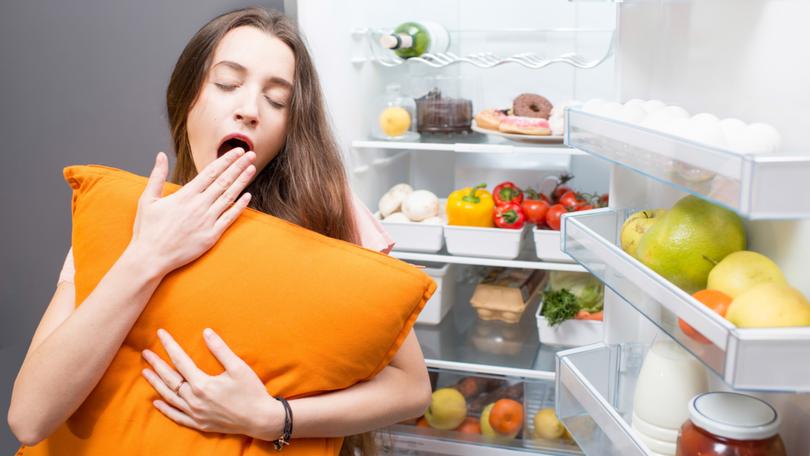Easily improve your sleep and your mind and body will thank you
Good sleep is essential for good health and yet so many of us are struggling.

Bad sleep is so much more common than you think — 60 per cent of adults suffer, with more women than men struggling with falling asleep and even staying asleep.
A lack of sleep will also impact mood, energy, performance at work, safety, memory, decision making and concentration. It can increase the risk of asthma, pain, immunity, blood pressure, anxiety and depression, obesity, diabetes and metabolic syndrome.
The risk factors for poor sleep are being elderly, family history, environment such as shift work and jet lag, stress is a big one and hormonal changes.
Sign up to The Nightly's newsletters.
Get the first look at the digital newspaper, curated daily stories and breaking headlines delivered to your inbox.
By continuing you agree to our Terms and Privacy Policy.Lifestyle factors that will increase our risk of insomnia include irregularity in the sleep pattern and lack of exercise as well as consumption of caffeine, alcohol, drugs and nicotine.
The good news is that poor sleep is a very treatable condition — there are many ways to support good sleep such as lifestyle changes, therapy and of course with what you eat and drink.
My tips for lifestyle modifications include going to bed at the same time every night, keeping the bedroom temperature cool and free of devices.
Exercise daily but not within six hours of bed time. Avoid long daytime naps and give yourself some wind-down time.
Having a bath or shower before bed in some Epsom salts, read a good book and make sure your bedding is clean, especially your pillow.
Avoid alcohol, give up smoking and ditch the coffee after lunch.
When it comes to diet there are so many changes you can make. Slowly cut out all refined carbohydrates, fatty fried foods, lollies, soft drinks, crisps, chocolates, cordials, alcohol and all around junk foods.
Start doing your menu plan for the week and start to find a place for these best foods for sleep. Consider a small handful of almonds after dinner as they contain vitamin B and magnesium that can better promote sleep.
Turkey for dinner is a good choice as it contains the amino acid tryptophan that increases the production of melatonin making us drowsy.
Having protein at night is associated with better sleep. Make yourself a cup of chamomile tea, this is well known to reduce inflammation and help with sleep.
One of my personal favourites is a kiwi after dinner with the skin on, kiwi is anti-inflammatory and contains melatonin, the sleep hormone.
Think of also having fatty fish like tuna, mackerel, trout and salmon for the Omega 3 to lower inflammation. Walnuts are another star nut full of Omega 3, anti inflammatory linked to better sleep.
Other excellent food options are dairy products, such as a glass of milk, cottage cheese and yoghurt that are all good sources of tryptophan.
A banana in the afternoon will provide the relaxing mineral magnesium and even the humble oat can make you feel drowsy, you could make a healthy oat apple crumble for dessert.
One of my personal favourites is a small glass of warm milk with a teaspoon of honey which contains tryptophan needed for melatonin, our sleep hormone.
Good sleep is so important for our health, I have seen over my years so many people improve their sleep drastically. Be proactive in maintaining these changes — it’s worth it!

